Rajshahi, Apr 23 (V7N)- A train washing plant, established at Rajshahi Railway Station with a significant investment of Tk 19 crore and inaugurated on November 8, 2021, has remained largely non-operational, falling into disrepair shortly after its launch. Despite this, the railway authorities are incurring an additional annual expenditure of Tk 1.5 crore for train cleaning using traditional methods.
Railway officials attribute the failure of the automated plant to its initiation without the recruitment of skilled manpower. Consequently, the facility functioned for only a brief period before becoming unusable. Trains are now being cleaned through contractors and manual laborers, the same method employed before the expensive plant was installed.
However, allegations suggest that the automatic train washing system was launched prematurely at Rajshahi Railway Station, lacking adequate facilities and trained personnel. After approximately 20 months of intermittent operation, the washpit was completely shut down on April 8, 2024, due to various complications. The manual cleaning process, now reinstated through outsourced workers, is costing the railway an extra Tk 1.5 crore annually.
Concerns have been raised that the purchase of such sophisticated machinery was primarily for financial misappropriation, without due consideration for its practicality. It has been alleged that Fazle Kabir Chowdhury, the former chairman of the parliamentary standing committee on the Ministry of Railways and a Member of Parliament from Chittagong (Raujan), influenced the purchase of two washing plants for personal gain, with one installed in Kamalapur. Notably, the Western Railway reportedly did not request the installation of such a plant.
The two wash pits, in Kamalapur and Rajshahi, were inaugurated simultaneously at a total cost of Tk 38 crore. At the time, it was claimed that these state-of-the-art plants would automatically clean the roofs, sides, interiors, and undercarriage of trains. Each plant was projected to save 100,000 liters of water daily through recycling, allowing for 70 percent water reuse. The electric-powered system was touted to wash and clean a 14-coach train in just 10 minutes, using only disinfectant and detergent in the water. However, the Rajshahi plant only managed limited operation for 20 months, cleaning only 8 out of the initially projected 11 trains per day, primarily due to manpower shortages.
Qurban Ali, the senior deputy assistant engineer of the TXR department in charge of the Rajshahi wash pit, stated that there was a 62 percent manpower deficit when the plant was established, with a lack of trained and skilled personnel. This shortage has not been addressed, leading to the current reliance on manual laborers hired through a contracting company at an annual cost of around Tk 1.5 crore. He noted that these laborers primarily clean the train interiors and only occasionally wash the exteriors with water upon request.
The Tk 19 crore washing plant now sits covered in dust. Despite informing the supplier company through the ministry to make it operational, they have reportedly not inspected the plant in the past year, even though the contractor company's contract period has expired. This has led to a sense of abandonment regarding the facility. The train washing machines were supplied by a company called Next Generation Graphics Limited, sourced from the US-based NS Corporation, raising questions within the railway about their rapid obsolescence.
A senior official of the Western Railway, speaking anonymously, described the plant as essentially comprising automatic brushes, a soapy water and regular water spraying system, and a few electric fans, questioning the high cost of such a basic setup. He stated that the plant has been closed for a long time and would require further investment to restart, which he deemed illogical. He echoed the allegation that the two wash pits were purchased from America at the behest of certain railway officials and ABM Fazle Karim Chowdhury.
In response to inquiries, Sadequr Rahman, the Chief Mechanical Engineer (CME) of the Western Railway, acknowledged receiving information that the Rajshahi machine was not functioning properly before its shutdown. He stated that as the machines were procured under the coach purchase project, the project director is well-informed about the situation. However, he mentioned that the contracting company has submitted a proposal to the Railway Bhaban in Dhaka seeking fresh funds to restart both the Rajshahi and Kamalapur washing plants, but the approval timeline remains uncertain.
END/RAR/RH/



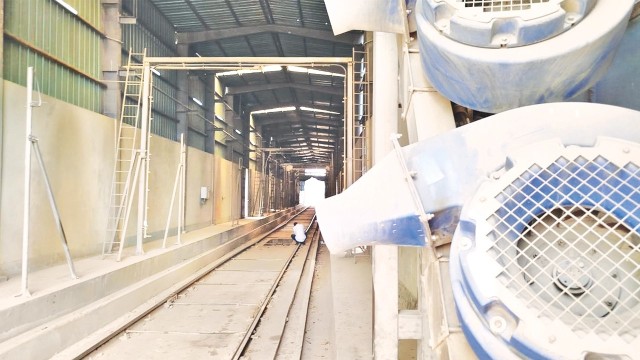



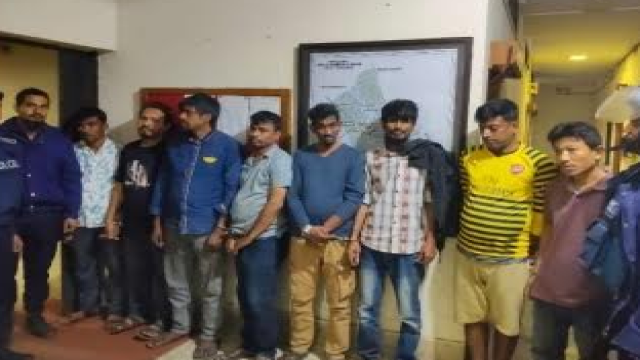
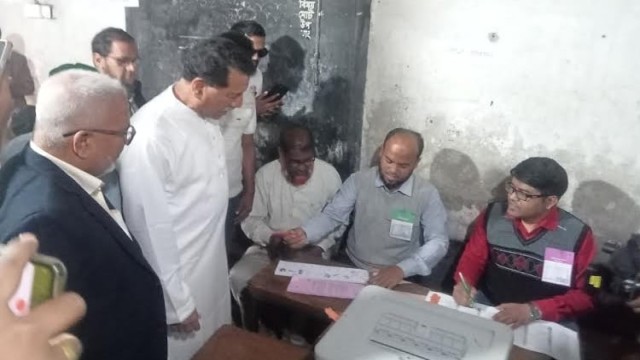


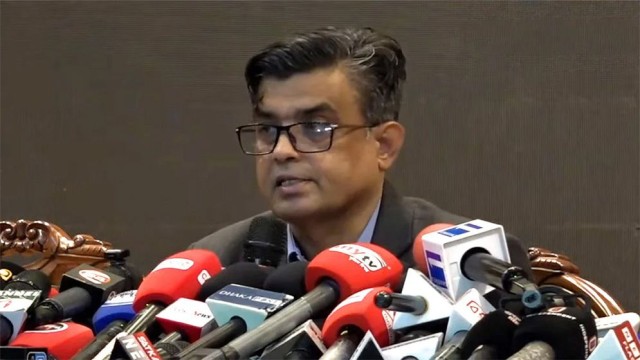

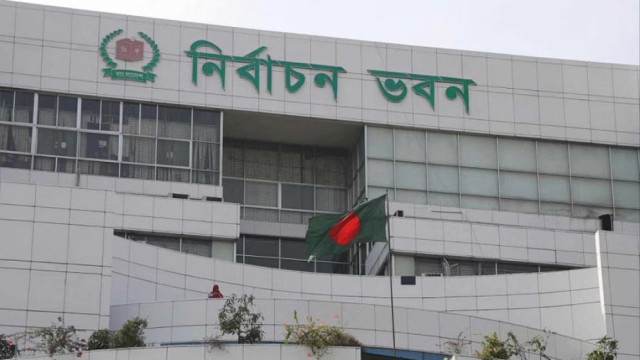
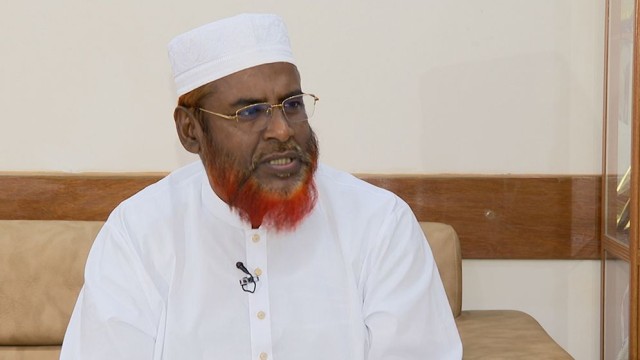


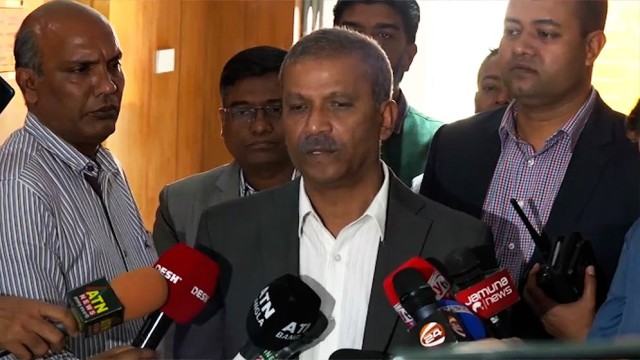
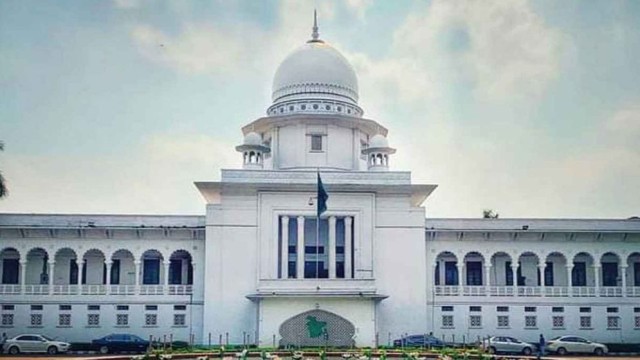










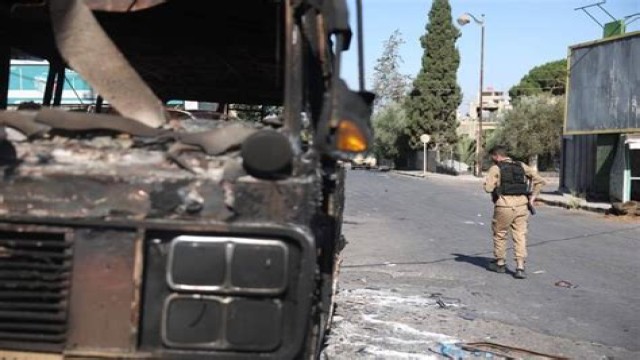
Comment: